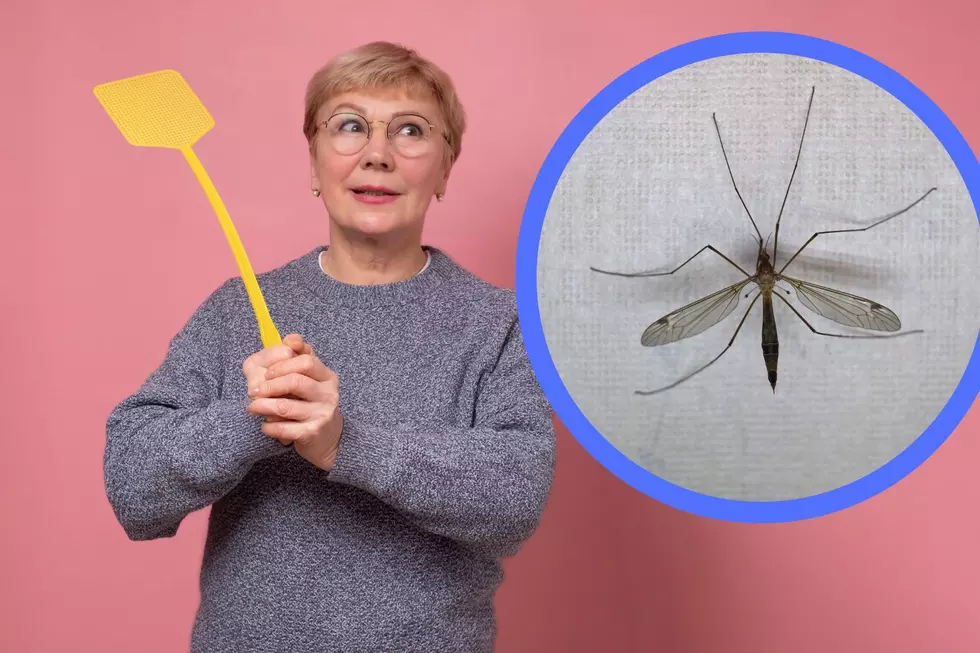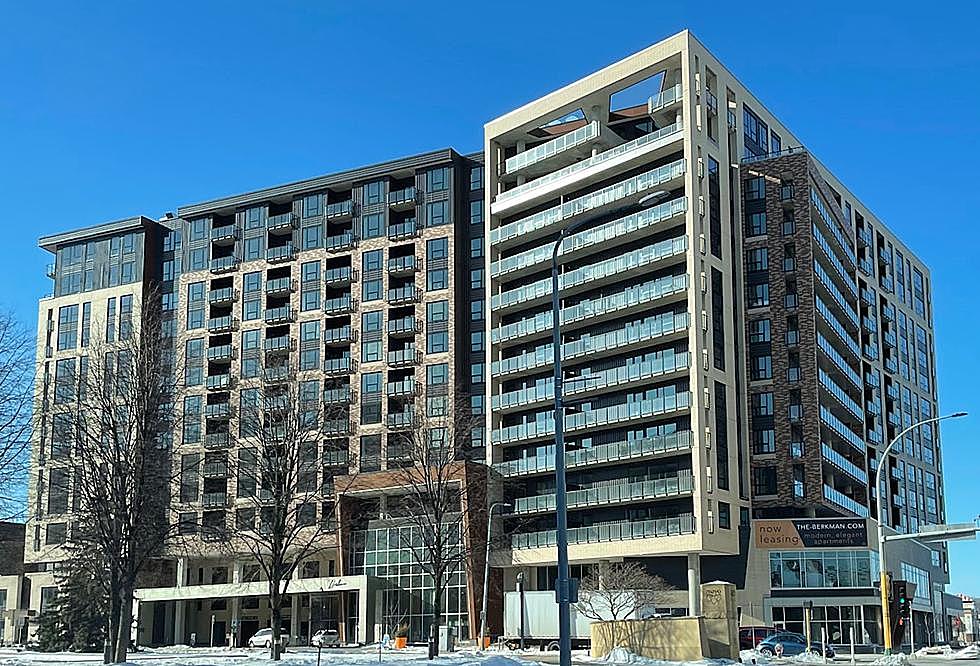
Historic Spiritual Meeting in Havana
HAVANA (AP) -- With a hug and an exclamation of "Finally!" Pope Francis met Friday with Patriarch Kirill in the first ever meeting between a pontiff and the head of the Russian Orthodox Church, a historic development in the 1,000-year schism that has divided Christianity.
"We are brothers," Francis said as he embraced Kirill in the small, wood-paneled VIP room of Havana's airport, where the three-hour encounter took place.
"Now things are easier," Kirill agreed as he and the pope exchanged three kisses on the cheek. "This is the will of God," the pope said.
Francis was having the brief talks in Cuba before heading off on a five-day visit to Mexico, where the pontiff will bring a message of solidarity with the victims of drug violence, human trafficking and discrimination to some of that country's most violent and poverty-stricken regions.
The meeting and signing of a joint declaration was decades in the making and cemented Francis' reputation as a risk-taking statesman who values dialogue, bridge-building and rapprochement at almost any cost.
In the 30-point statement, the two leaders declared themselves ready to take all necessary measures to overcome their historical differences, saying "we are not competitors, but brothers."
Francis and Kirill also called for political leaders to act on the single most important issue of shared concern between the Catholic and Orthodox churches today: the plight of Christians in Iraq and Syria who are being killed and driven from their homes by the Islamic State group.
"In many countries of the Middle East and North Africa, entire families of our brothers and sisters in Christ are being exterminated, entire villages and cities," the declaration said.
While the meeting has been hailed by many as an important ecumenical breakthrough, Francis has also come under criticism for essentially allowing himself to be used by a Russia eager to assert itself among Orthodox Christians and on the world stage at a time when the country is increasingly isolated from the West.
The declaration was signed in the uniquely ideal location of Cuba: far removed from the Catholic-Orthodox turf battles in Europe, a country that is Catholic and familiar to Latin America's first pope, but equally familiar to the Russian church given its anti-American and Soviet legacy. The pope helped mediate the declaration of detente between the U.S. and Cuba in 2014.
"If this continues, Cuba will become the capital of unity," the pope said.
Calling the talks "very substantive," Kirill said: "The results make it possible to say that today the two churches can actively work together to protect Christians around the world."
The Vatican is hoping the meeting will improve relations with other Orthodox churches and spur progress in dialogue over theological differences that have divided East from West ever since the Great Schism of 1054 split Christianity.
But Orthodox observers say Kirill's willingness to finally meet with a pope has less to do with any new ecumenical impulse than grandstanding at a time when Russia is increasingly under fire from the West over its military actions in Syria and Ukraine. Kirill, a spiritual adviser to Russian President Vladimir Putin, leads the most powerful of the 14 independent Orthodox churches that will meet this summer in Greece in the first such pan-Orthodox synod in centuries.
The Russian church has long sought greater influence over the Ecumenical Patriarch in Istanbul.
"This isn't benevolence. It's not a newfound desire for Christian unity," said George Demacopoulos, the Greek-Orthodox chairman of Orthodox Christian studies at Fordham University in New York. "It is almost entirely about (Kirill) posturing and trying to present himself as the leader of Orthodoxy."
Popes as far back as Paul VI have met with the ecumenical patriarch, who is the "first among equals" in the 250 million-strong Orthodox Church and the only patriarch who can speak for global Orthodoxy. But the Russian Church is the biggest, wealthiest and most powerful in Orthodoxy, and has always kept its distance from Rome.
Catholic and Orthodox split in the Great Schism of 1054 and have remained estranged over a host of issues, including the primacy of the pope and, more recently, Russian Orthodox accusations that the Catholic Church was poaching converts in former Soviet lands. Those tensions have prevented previous popes from meeting with the Russian patriarch, even though the Vatican has long insisted that it was merely ministering to tiny Catholic communities.
More From KROC-AM









